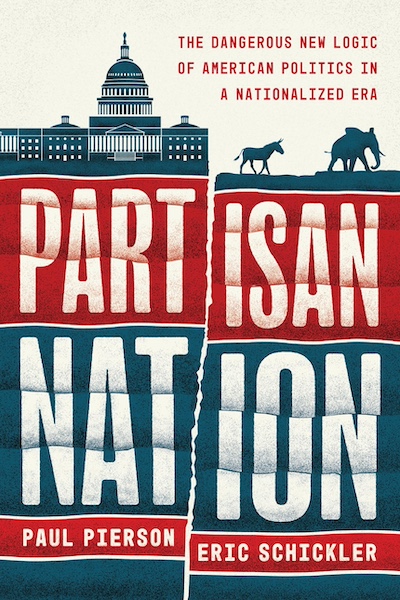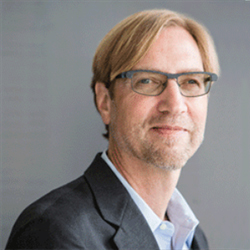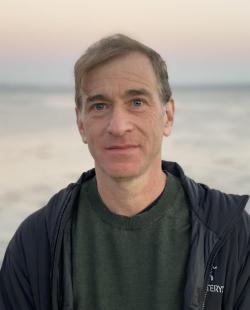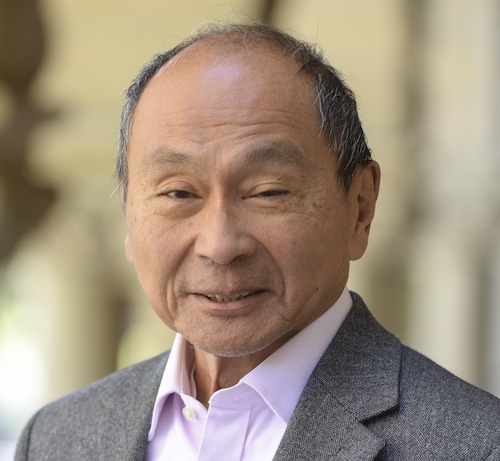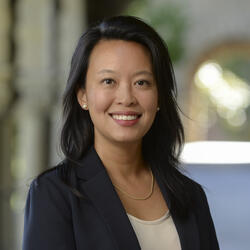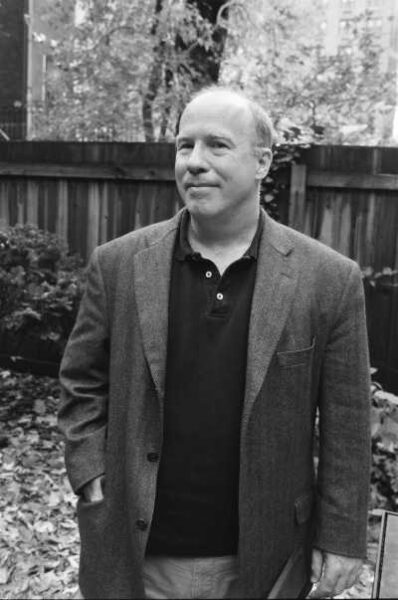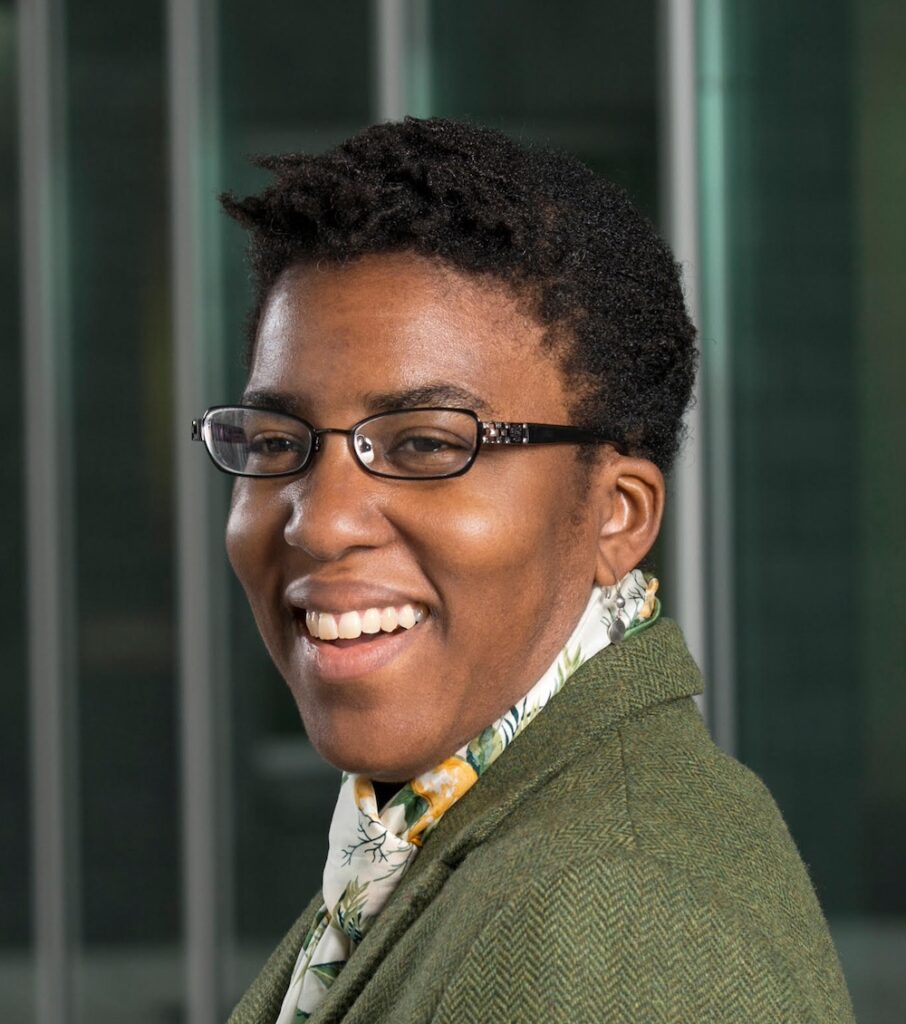NEW LOCATION: This event will be held on March 17 at 4pm in 315 Wheeler Hall, on the UC Berkeley campus.
This event has reached capacity.
REGISTER TO JOIN THE WAIT LIST.
Seating will be on a first-come, first-served basis. Registrants on the wait list will be admitted based on availability starting at 4:05pm.
Please join us on March 17 from 4pm-5:30pm for an Authors Meet Critics panel on the book Colonizing Palestine: The Zionist Left and the Making of the Palestinian Nakba, by Areej Sabbagh-Khoury, Assistant Professor of Sociology at UC Berkeley.
Professor Sabbagh-Khoury will be joined in conversation by Zeus Leonardo, Professor in the School of Education at UC Berkeley, and Keith Feldman, Associate Professor and Chair of Ethnic Studies at UC Berkeley. Ussama Makdisi, Professor of History and Chair for the new Palestinian and Arab Studies Program at UC Berkeley, will moderate.
The Social Science Matrix Authors Meet Critics book series features lively discussions about recently published books authored by social scientists at UC Berkeley. For each event, the author discusses the key arguments of their book with fellow scholars. These events are free and open to the public.
Co-sponsored by the UC Berkeley Asian American Research Center, the Center for Middle Eastern Studies, the Department of Ethnic Studies, and the Department of Sociology.
About the Book
 Among the most progressive of Zionist settlement movements, Hashomer Hatzair proclaimed a brotherly stance on Zionist-Palestinian relations. Until the tumultuous end of the British Mandate, movement settlers voiced support for a binational Jewish-Arab state and officially opposed mass displacement of Palestinians. But, Hashomer Hatzair colonies were also active participants in the process that ultimately transformed large portions of Palestine into sovereign Jewish territory. Areej Sabbagh-Khoury investigates this ostensible dissonance, tracing how three colonies gained control of land and their engagement with Palestinian inhabitants on the edges of the Jezreel Valley/Marj Ibn ‘Amer.
Among the most progressive of Zionist settlement movements, Hashomer Hatzair proclaimed a brotherly stance on Zionist-Palestinian relations. Until the tumultuous end of the British Mandate, movement settlers voiced support for a binational Jewish-Arab state and officially opposed mass displacement of Palestinians. But, Hashomer Hatzair colonies were also active participants in the process that ultimately transformed large portions of Palestine into sovereign Jewish territory. Areej Sabbagh-Khoury investigates this ostensible dissonance, tracing how three colonies gained control of land and their engagement with Palestinian inhabitants on the edges of the Jezreel Valley/Marj Ibn ‘Amer.
Based on extensive empirical research in local colony and national archives, Colonizing Palestine offers a microhistory of frontier interactions between Zionist settlers and indigenous Palestinians within the British imperial field. Even as left-wing kibbutzim of Hashomer Hatzair helped lay the groundwork for settler colonial Jewish sovereignty, its settlers did not conceal the prior existence of the Palestinian villages and their displacement, which became the subject of enduring debate in the kibbutzim. Juxtaposing history and memory, examining events in their actual time and as they were later remembered, Sabbagh-Khoury demonstrates that the dispossession and replacement of the Palestinians in 1948 was not a singular catastrophe, but rather a protracted process instituted over decades. Colonizing Palestine traces social and political mechanisms by which forms of hierarchy, violence, and supremacy that endure into the present were gradually created.
Panelists
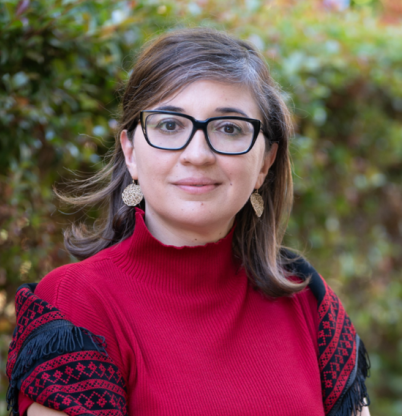 Areej Sabbagh-Khoury is an Assistant Professor in Sociology at UC Berkeley. She received her doctorate at Tel Aviv University and completed research posts at Columbia, New York, Brown, and Tufts Universities. Her work centers on settler colonialism, memory, gender, and political and historical sociologies. Her research focuses on the political and historical sociology of Israeli and Palestinian Societies. She co-edited two volumes entitled Palestinians in Israel: Readings in History, Politics and Society (published in Hebrew, Arabic and English).
Areej Sabbagh-Khoury is an Assistant Professor in Sociology at UC Berkeley. She received her doctorate at Tel Aviv University and completed research posts at Columbia, New York, Brown, and Tufts Universities. Her work centers on settler colonialism, memory, gender, and political and historical sociologies. Her research focuses on the political and historical sociology of Israeli and Palestinian Societies. She co-edited two volumes entitled Palestinians in Israel: Readings in History, Politics and Society (published in Hebrew, Arabic and English).
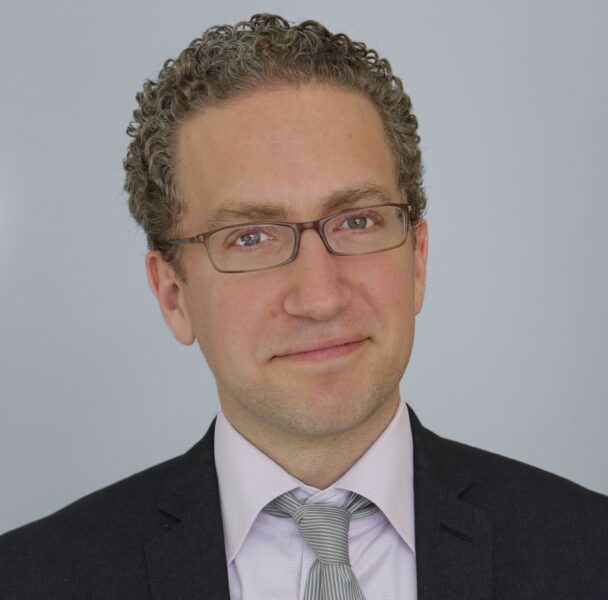 Keith Feldman is an associate professor and chair of the Department of Ethnic Studies at UC Berkeley, where he is also affiliated with the Center for Race and Gender, the Program in Critical Theory, the Berkeley Center for New Media, and the Center for Middle East Studies. Feldman is the author of the book A Shadow over Palestine: The Imperial Life of Race in America, and is currently at work on Patterns of Life: Race, Aesthetics, and the Proximate Archives of U.S. Imperial Culture.
Keith Feldman is an associate professor and chair of the Department of Ethnic Studies at UC Berkeley, where he is also affiliated with the Center for Race and Gender, the Program in Critical Theory, the Berkeley Center for New Media, and the Center for Middle East Studies. Feldman is the author of the book A Shadow over Palestine: The Imperial Life of Race in America, and is currently at work on Patterns of Life: Race, Aesthetics, and the Proximate Archives of U.S. Imperial Culture.
 Zeus Leonardo is a Professor in the School of Education and an Affiliated Faculty Member of the Critical Theory Designated Emphasis at UC Berkeley. His current research interests involve the study of ideologies and discourses in education with respect to structural relations of power. In particular, he engages critical theories to inform his analysis of the relationship between schooling and social relations, such as race, class, culture, and gender. His research is informed by the premise that educational knowledge should promote the democratization of schools and society.
Zeus Leonardo is a Professor in the School of Education and an Affiliated Faculty Member of the Critical Theory Designated Emphasis at UC Berkeley. His current research interests involve the study of ideologies and discourses in education with respect to structural relations of power. In particular, he engages critical theories to inform his analysis of the relationship between schooling and social relations, such as race, class, culture, and gender. His research is informed by the premise that educational knowledge should promote the democratization of schools and society.
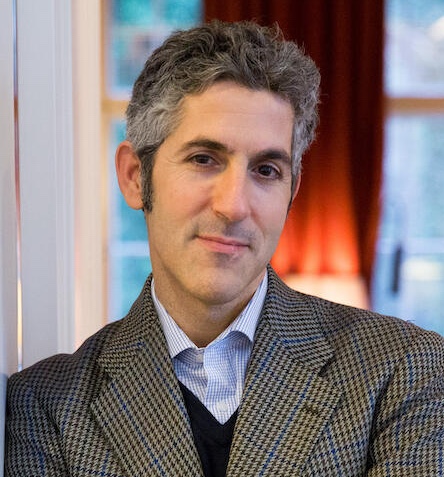 Ussama Makdisi is a Professor of History and Chair for the new Palestinian and Arab Studies Program at UC Berkeley. A leading scholar of modern Arab history, Makdisi has published widely on Ottoman and Arab history, US–Arab relations, and US missionary work in the Middle East. Makdisi is also the recipient of several prestigious awards and honors, including the Berlin Prize and being named a Carnegie Scholar. Makdisi’s most recent book, Age of Coexistence: The Ecumenical Frame and the Making of the Modern Arab World was published in 2019 by the University of California Press and explores the politics of pluralism during the Ottoman Empire and in the post-Ottoman Arab world.
Ussama Makdisi is a Professor of History and Chair for the new Palestinian and Arab Studies Program at UC Berkeley. A leading scholar of modern Arab history, Makdisi has published widely on Ottoman and Arab history, US–Arab relations, and US missionary work in the Middle East. Makdisi is also the recipient of several prestigious awards and honors, including the Berlin Prize and being named a Carnegie Scholar. Makdisi’s most recent book, Age of Coexistence: The Ecumenical Frame and the Making of the Modern Arab World was published in 2019 by the University of California Press and explores the politics of pluralism during the Ottoman Empire and in the post-Ottoman Arab world.


 Charles Hirschkind
Charles Hirschkind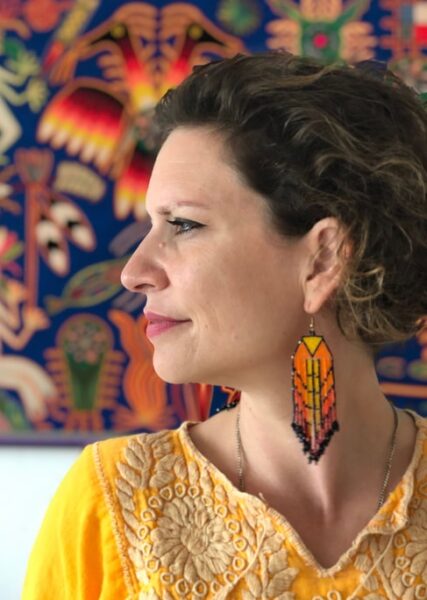 Diana Negrin
Diana Negrin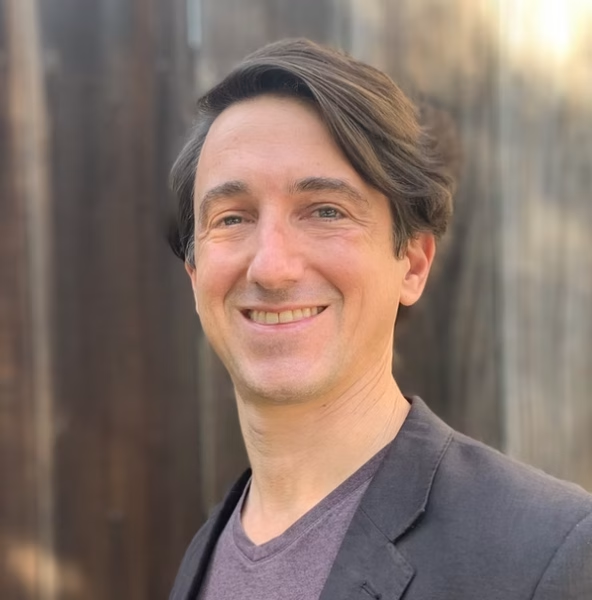
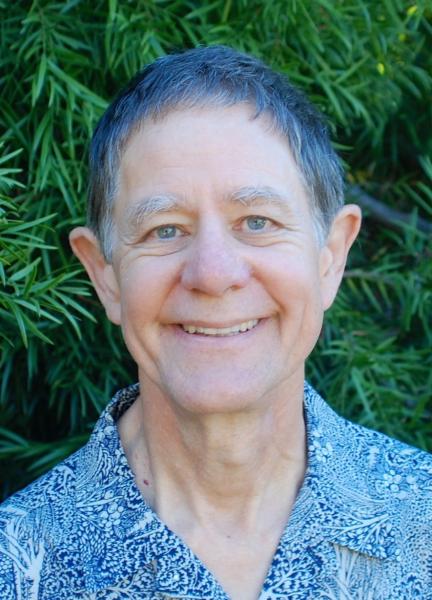 David Presti
David Presti Poulomi Saha
Poulomi Saha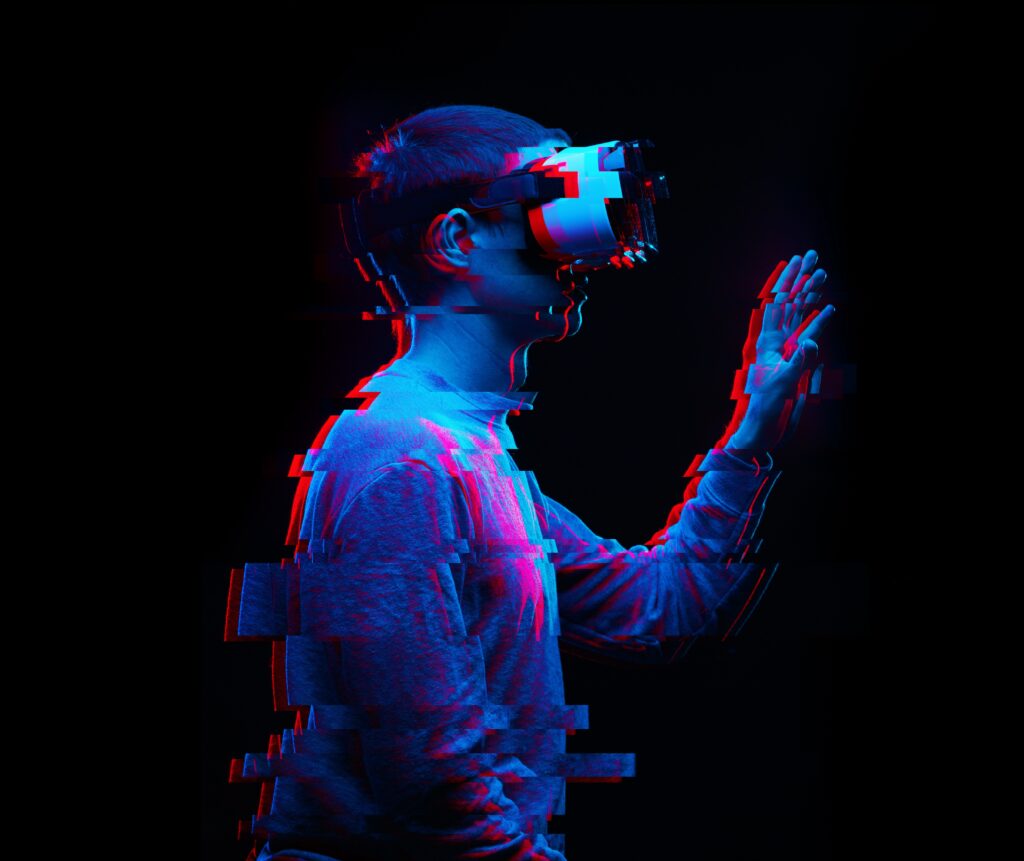
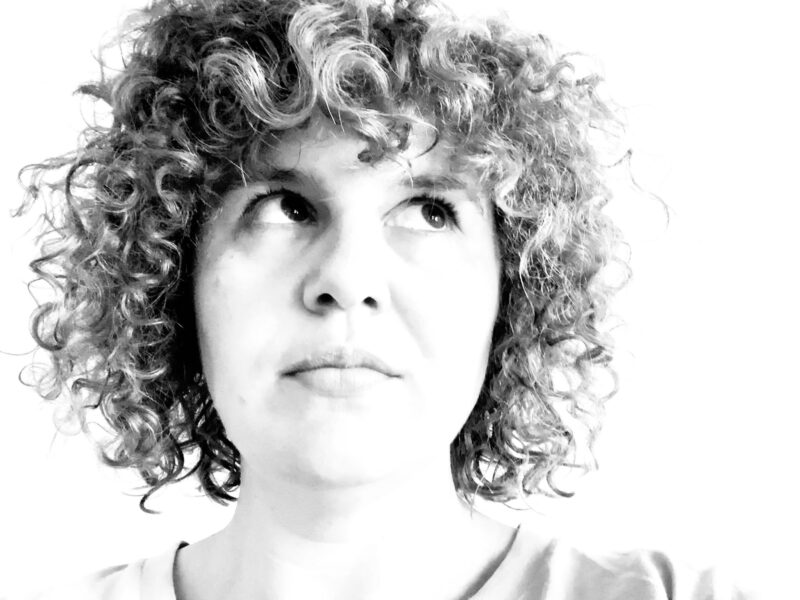
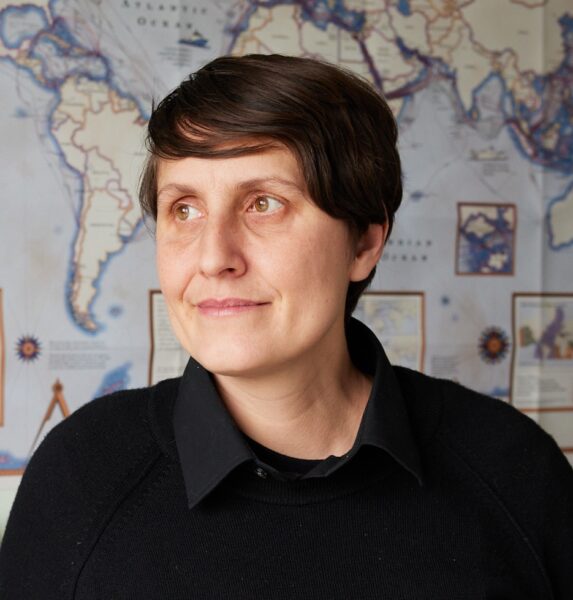




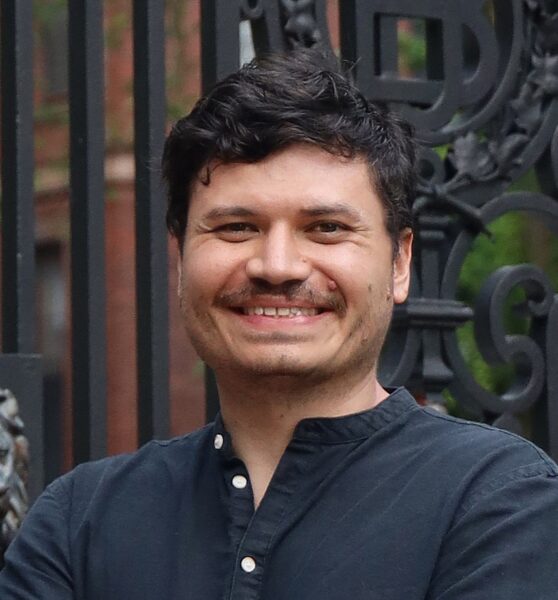

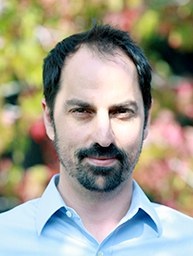
 Anna Stilz
Anna Stilz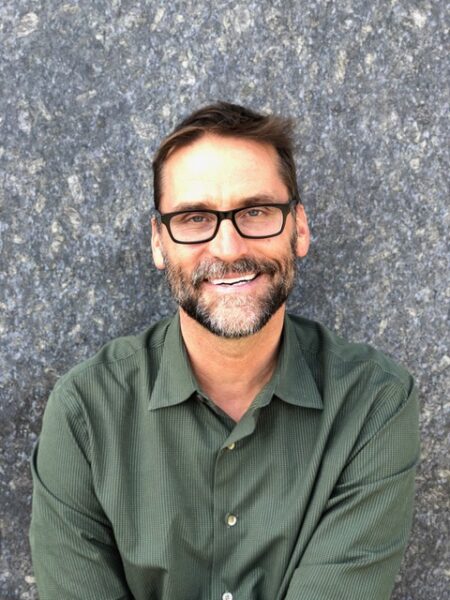

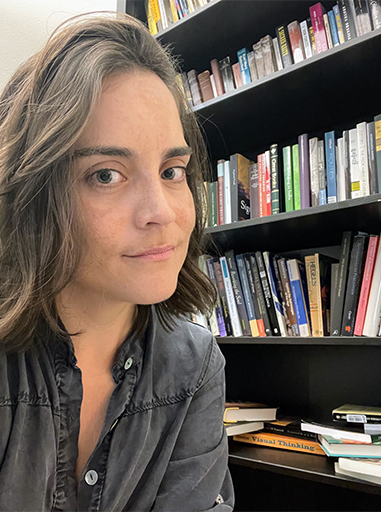 Josefina Valdes Lanas
Josefina Valdes Lanas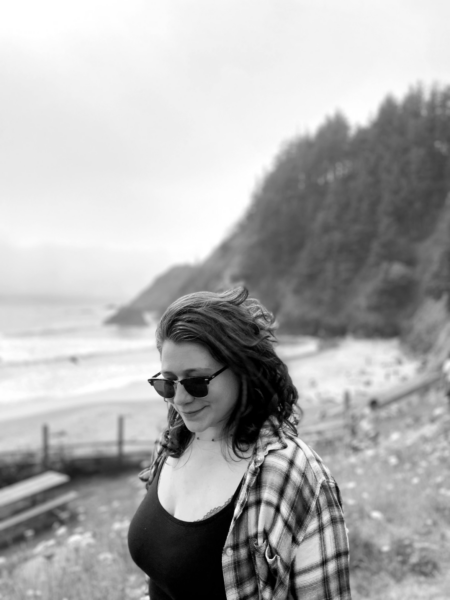 Alexis Wood
Alexis Wood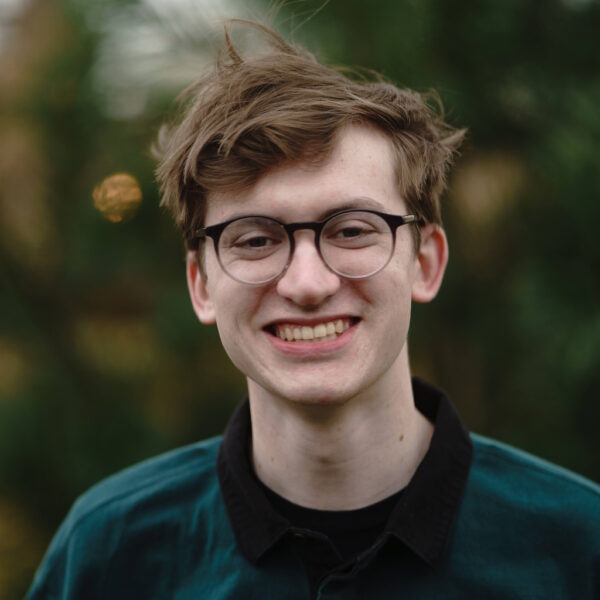 Peter Forberg
Peter Forberg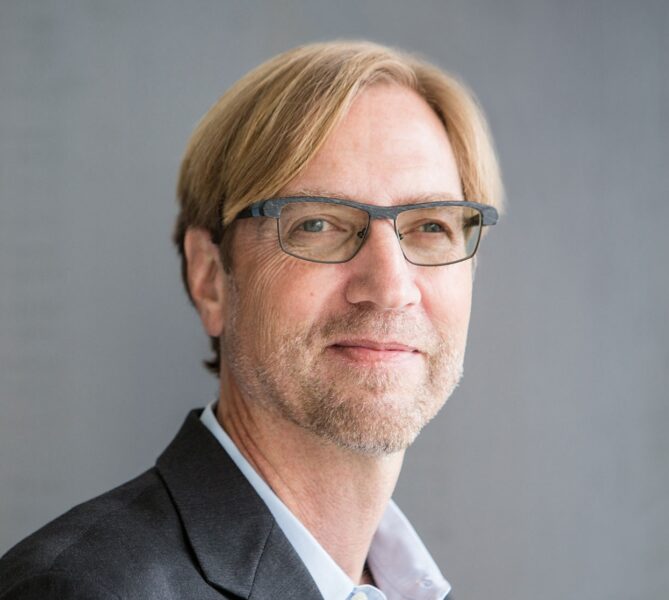 Paul Pierson
Paul Pierson
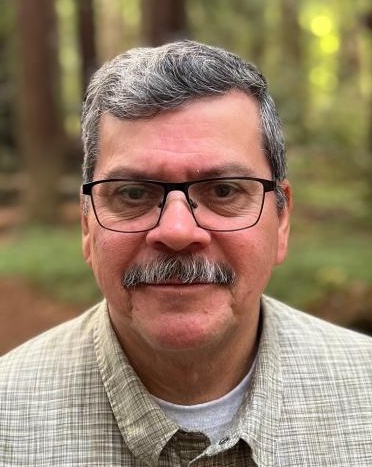 Federico Castillo
Federico Castillo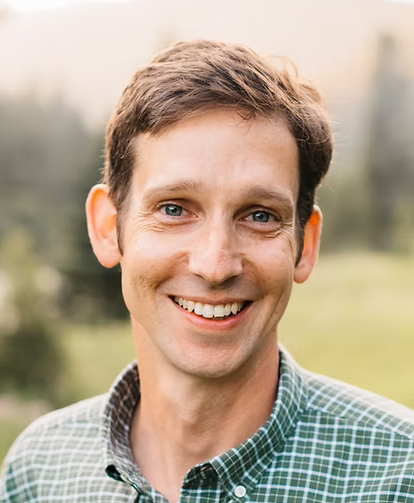 Eric Edwards
Eric Edwards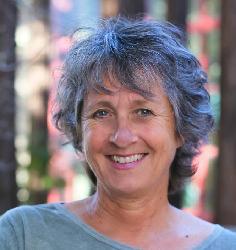 Julie Guthman
Julie Guthman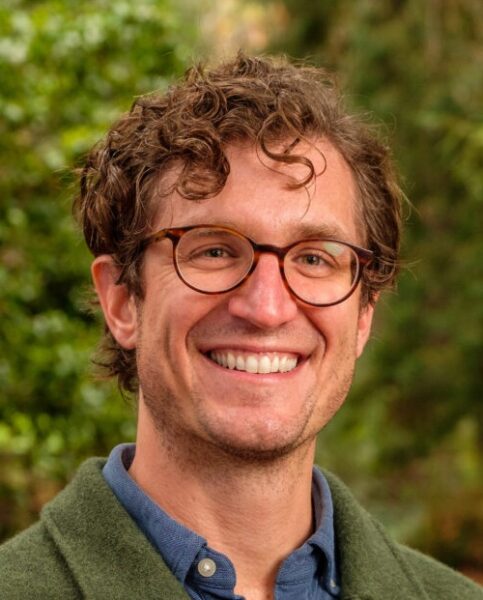 Timothy Bowles
Timothy Bowles
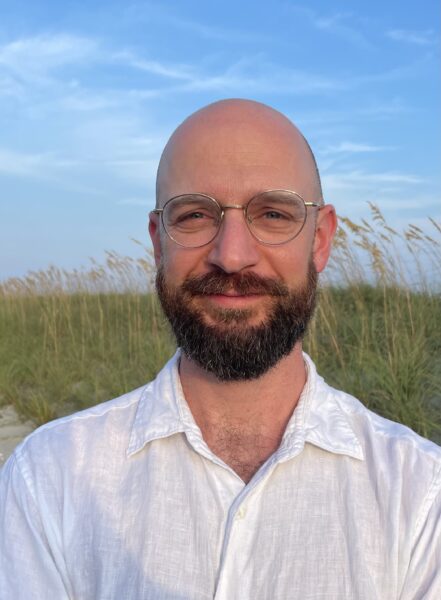
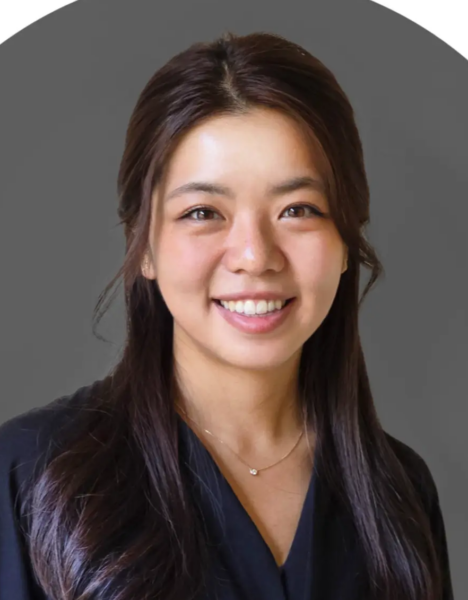
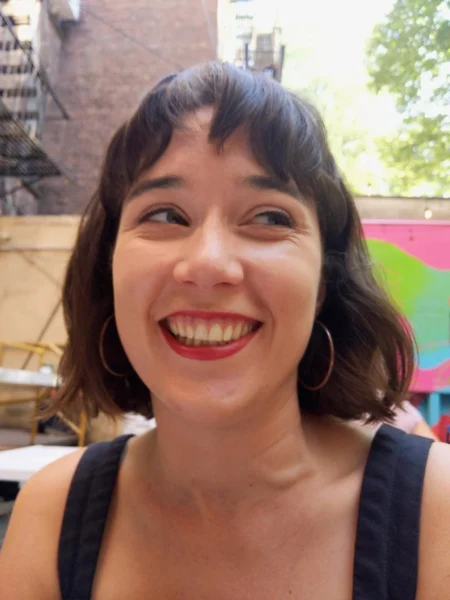
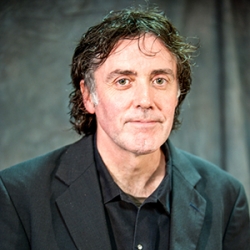
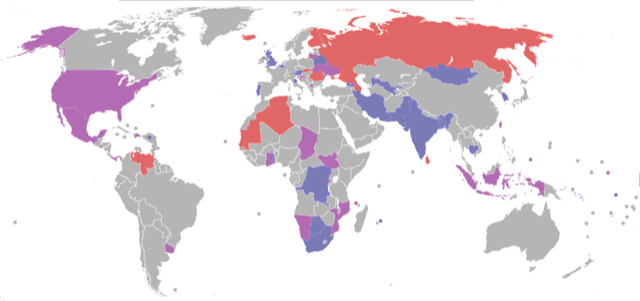
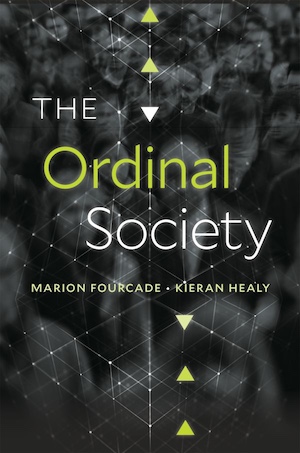
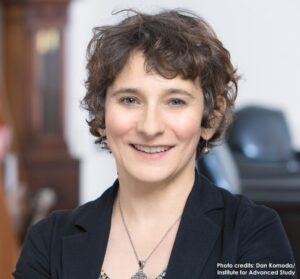
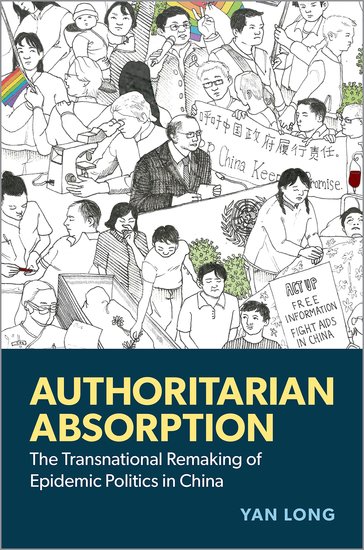
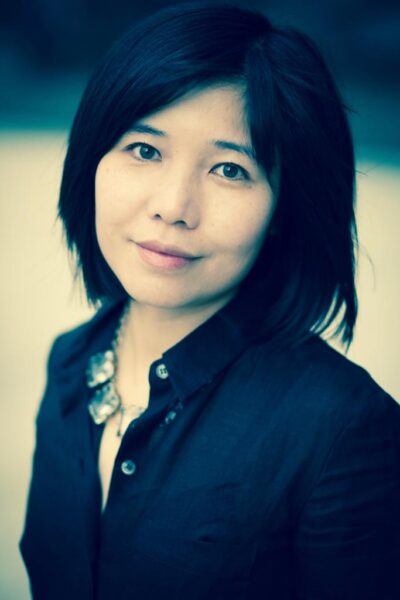
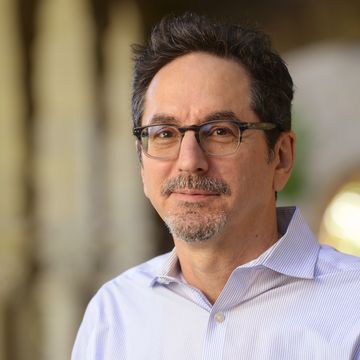
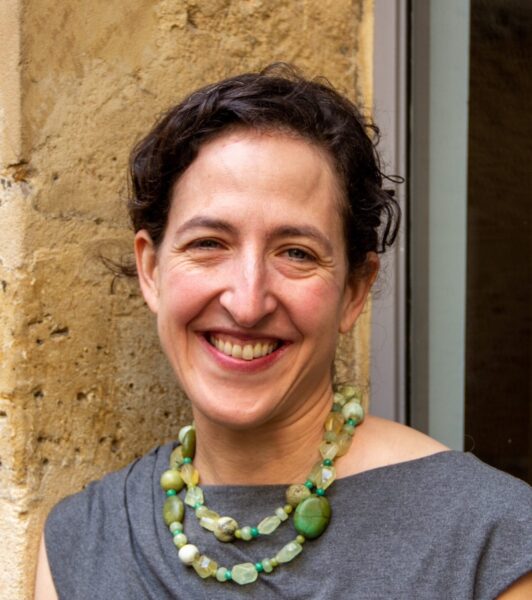
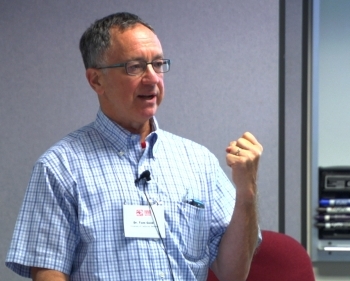 Tom Gold
Tom Gold